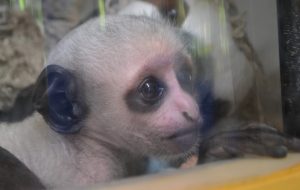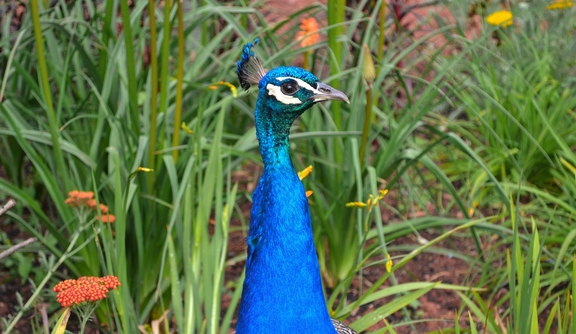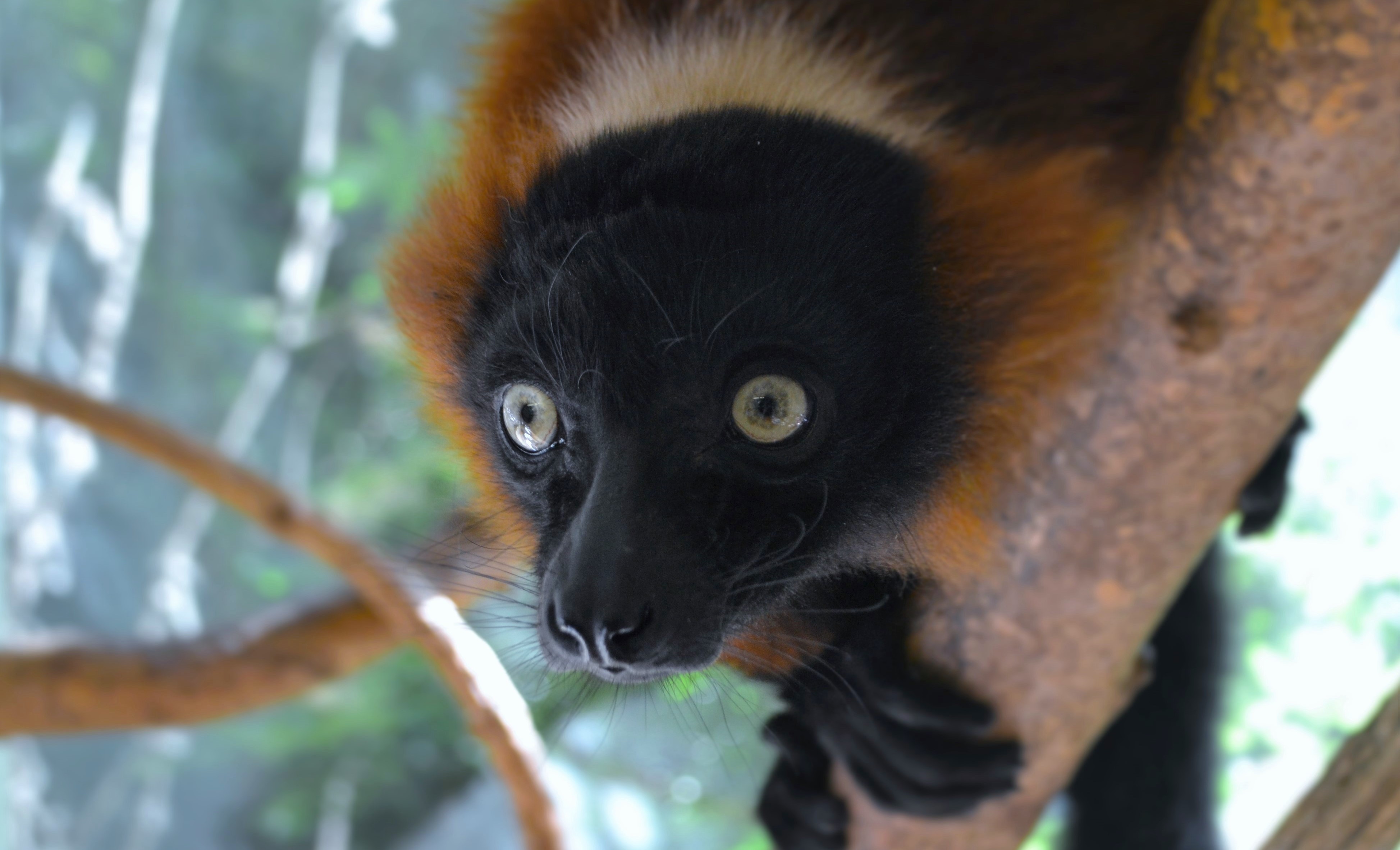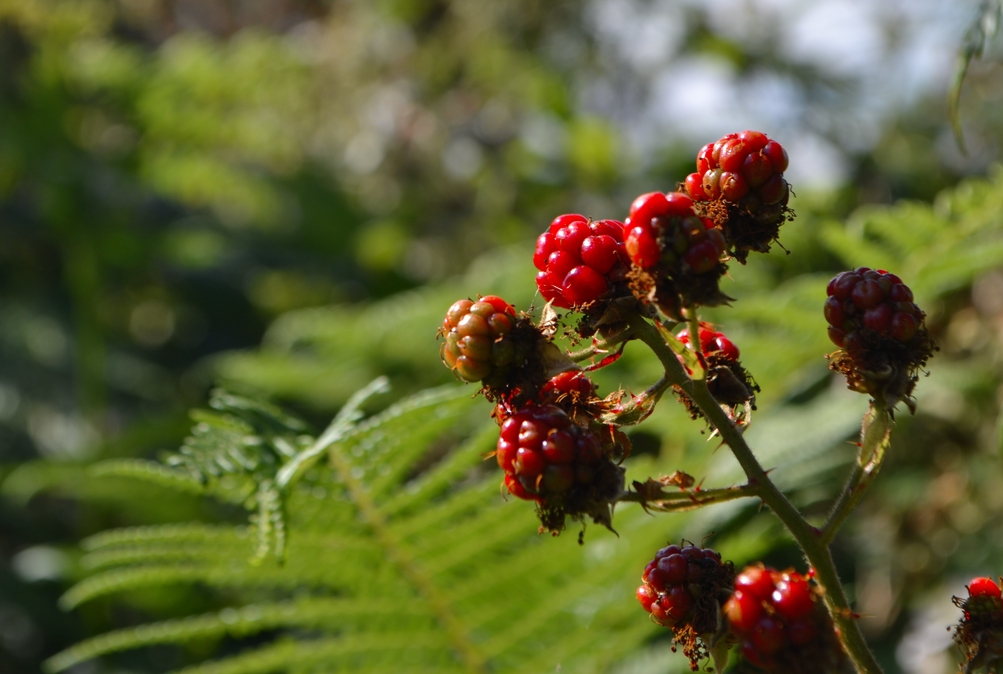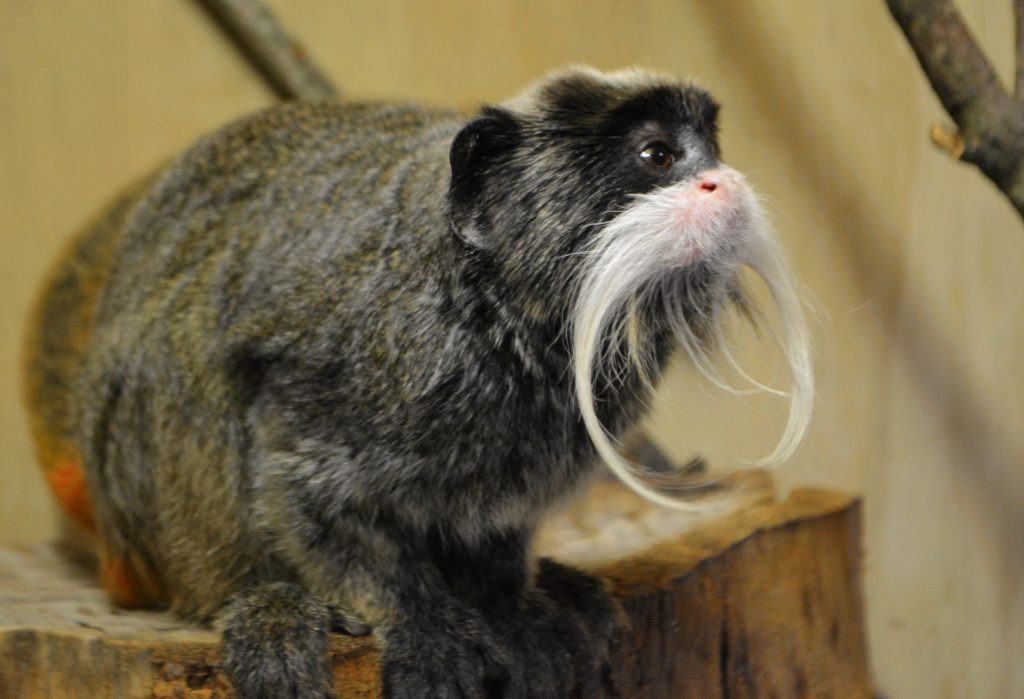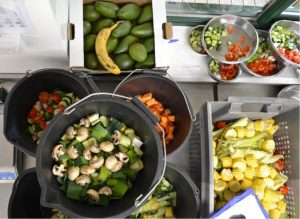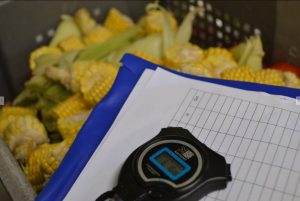Departure from Paignton
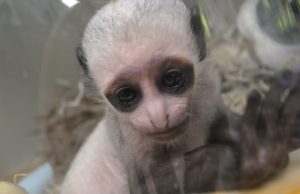
So I’ve finally reached the end of my stay here in Paignton – and I know its cliché to say – but the time really did fly past! I really can’t believe its been a whole five weeks already. During my internship I learnt so much more than I thought I would about zoological research and now feel really confident in a lot of new skills . In this last week here I’ve simply continued the work I was doing at the half-way point, only now with complete independence.
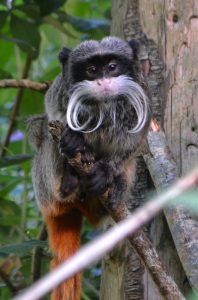
Looking back on my time as a whole, I have plenty of great memories and experiences. Everybody I met during my internship was amazingly supportive and lovely. What else would you expect from a group of biologists, eh? If I’m being completely honest though, I think I’m going to miss the primates more than anything – the Emperor Tamarins and Goeldis in particular. They’ve both now cemented themselves on my highly coveted list of favourite animals. An honourable mention also goes to the King Colobus family (and their new baby girl!). Maybe I’ll visit Paignton again in the years to come to see her as she grows up.
It wasn’t all easy though, I definitely will not be missing staring at vaguely Diana monkey shaped objects in the distance and trying to figure out whether they’re grooming or scratching, nor will I miss attempting to follow the five miniscule Pygmy Marmosets as they jet around their enclosure. It will also be nice to sleep in past 7am when I get back too…
Overall, I would just like to thank everyone at the Whitley Wildilife Conservation Trust for being so welcoming, as well as Lewis from Monkey Heights and the entire Ape Centre team for putting up with me bothering them every morning and endlessly asking “wait, what vegetable is this?” as I weighed up food. Personal thanks also go to Dr. Joanna Newbolt for all her help in my first few days as well as Louise for training me in my first two weeks. Thanks also go to the media team at the zoo for accepting some of my photographs for publishing on their webpages in the near future (I was hoping they’d be posted before this blog but unfortunately that doesn’t seem to be the case!). I would, of course, also like to thank the entire charity insights team for awarding me this amazing opputunity because, without the funding and support I received, I would not have been able to relocate from London to Paignton and gain this invaluable experience.
